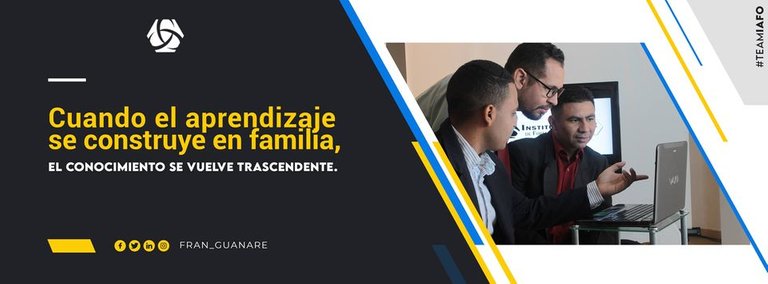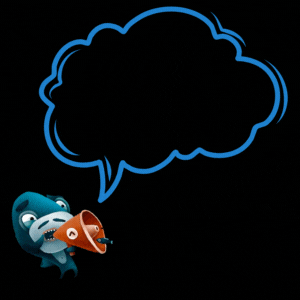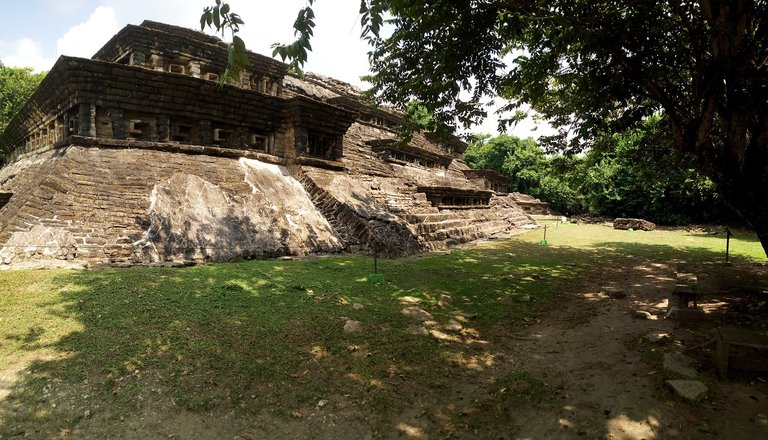El sacrificio / Sacrifice
En la cúspide del Gran Templo, bajo un manto de estrellas, el aire vibraba. No era la brisa de las milpas, sino una fuerza cargada, un presagio que erizaba la piel. Sobre la piedra de sacrificios, yacía el elegido, su corazón latiendo con los tambores de la plaza.
Ehécatl, el dios del viento, era una presencia invisible. Se sentía en el murmullo de las hojas, el susurro de las piedras, el frío calando los huesos. Su aliento, decían, era el principio del movimiento, la chispa de vida y la fuerza que arrastra al vacío. Para saciarlo, se ofrecía un corazón.
El sumo sacerdote, con plumaje imponente y rostro marcado, elevó el cuchillo de obsidiana. La multitud contenía el aliento. Un sonido agudo rompió el silencio: el silbato de la muerte. Un hueso tallado que emulaba el gemido del viento, llamando al dios.
La hoja descendió. Un grito ahogado se perdió en los tambores. El corazón palpitante fue elevado al cielo estrellado, ofrenda al dios invisible. Pero esta vez, algo cambió.
En el sacrificio, una ráfaga helada y caliente azotó el templo, apagando las antorchas y sumiéndolo en oscuridad. Al volver la luz, el cuerpo yacía inerte, el sacerdote inmóvil, pero el corazón… había desaparecido.
Un murmullo recorrió la multitud. ¿Lo tomó Ehécatl? ¿Aceptó la ofrenda? ¿O la rechazó?
Desde entonces, los vientos se volvieron erráticos. A veces suaves, a veces furiosos. El cuerpo sacrificado permanecía incorrupto. Los sacerdotes buscaban respuestas en códices y entrañas, pero el misterio persistía.
Un joven aprendiz, obsesionado con la desaparición, estudiaba los textos. Encontró un pasaje sobre el “Viento Interior”, una fuerza dentro de cada ser. Un aliento de vida, una chispa que conecta con el cosmos. ¿Buscaba Ehécatl esa esencia intangible? ¿Era el sacrificio una liberación, una entrega al viento que nos habita?
Una noche, bajo la luna llena, el joven subió al templo. Solo llevaba el silbato de hueso. Lo puso en sus labios y sopló. No invocaba un dios externo, sino su propio viento interior. El sonido se elevó, una pregunta silenciosa.
Una brisa acarició su rostro, un susurro. Una paz profunda lo invadió. Cerró los ojos y sintió su cuerpo aligerarse, fundiéndose con el viento. ¿Nueva comprensión? ¿Viaje sin retorno? El viento respondió con silencio, dejando la pregunta en el aire.
El joven abrió los ojos, el amanecer comenzaba. Una nueva era de incertidumbre y búsqueda. ¿Qué significaba el viento? ¿El sacrificio? ¿Existir? La respuesta, como el viento, seguía inasible. Mientras tanto, se descubría en el cuerpo del sacrificio, mirado por todos, sin poder moverse ni hablar. Otro sacrificio que calmó y volvió a la normalidad al viento.
Sacrifice
At the top of the Great Temple, under a blanket of stars, the air vibrated. It was not the breeze of the cornfields, but a charged force, an omen that bristled the skin. On the sacrificial stone, the chosen one lay, his heart beating with the drums of the plaza.
Ehecatl, the wind god, was an invisible presence. He could be felt in the rustling of the leaves, the rustling of the stones, the cold piercing the bones. His breath, they said, was the beginning of movement, the spark of life and the force that drags the void. To satiate it, a heart was offered.
The high priest, with imposing plumage and scarred face, raised the obsidian knife. The crowd held its breath. A sharp sound broke the silence: the whistle of death. A carved bone emulated the moaning of the wind, calling to the god.
The blade descended. A choked cry was lost in the drums. The beating heart was raised to the starry sky, offering to the invisible god. But this time, something changed.
At the sacrifice, a hot, icy blast whipped through the temple, extinguishing the torches and plunging it into darkness. When the light returned, the body lay limp, the priest motionless, but the heart... gone.
A murmur went through the crowd, did Ehecatl take it, did he accept the offering, or did he refuse it?
From then on, the winds became erratic. Sometimes gentle, sometimes furious. The sacrificed body remained uncorrupted. Priests searched for answers in codices and entrails, but the mystery persisted.
A young apprentice, obsessed with the disappearance, studied the texts. He found a passage about the “Inner Wind,” a force within every being. A breath of life, a spark that connects with the cosmos. Was Ehecatl searching for that intangible essence? Was sacrifice a liberation, a surrender to the wind that inhabits us?
One night, under the full moon, the young man went up to the temple. He carried only a bone whistle. He put it to his lips and blew. He was not invoking an external god, but his own inner wind. The sound rose, a silent question.
A breeze caressed his face, a whisper. A deep peace came over him. He closed his eyes and felt his body lighten, melting into the wind. New understanding? Journey of no return? The wind answered with silence, leaving the question in the air.
The young man opened his eyes, dawn was breaking. A new era of uncertainty and searching. What did the wind mean? Sacrifice? Existence? The answer, like the wind, remained elusive. Meanwhile, he discovered himself in the body of the sacrifice, watched by all, unable to move or speak. Another sacrifice that calmed and returned the wind to normal.

CRÉDITOS
Banner elaborado en PSD con fotos propias y logo de IAFO
Traductor Deepl

